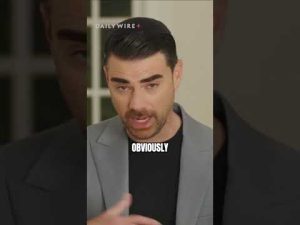In a world increasingly obsessed with digital screens, it seems like common sense finally prevails in Virginia. The bipartisan passage of the Consumer Data Protection Act is a breath of fresh air in the fight against children’s over-reliance on social media. With the stroke of a pen, Governor Glenn Youngkin ushered in a law that puts a much-needed cap on the time minors spend on platforms like Facebook and Instagram. Limiting social media use to just one hour a day for kids under 16 is not just sensible, but essential, given the alarming statistics of screen time among today’s youth.
Consider for a moment the data on children and screen time. In a society where profound technological attachment has become the norm, Virginia’s new law is a crucial step towards recalibrating young people’s interaction with the virtual world.
The law’s requirement for parental consent to alter their child’s social media usage is another aspect worth applauding. It takes power from the faceless tech giants and places it back in the hands of those who know what’s best for their children. This move ensures that parents have a say in determining whether their kids should spend more or less time online, preventing social media companies from exploiting young users for their own gain. Interestingly, the insistence on verifiable parental consent is a subtle nod to the idea that perhaps, parents should be more involved in what their children are doing online in the first place.
Critics may argue that imposing such a law is government overreach. However, when you look at the grim reality of social media addiction among youths, it becomes clear that this is not about government interference, but about government responsibility. If left unchecked, the endless hours spent on social platforms could have dire consequences for the psychosocial development of an entire generation. Virginia has set a precedent that other states ought to follow, ensuring that kids experience a balanced and healthy upbringing.
At the end of the day, the new Virginia law seeks to realign priorities, reinforcing the importance of real-world interactions over virtual ones. It’s a bold stance against a culture of digital dependency that has crept its way into the very fabric of our lives. Let’s hope other states take note and recognize that laws like these are not just protective measures, but essential shields for the well-being of future generations. As these kids grow up, unburdened by the constant scroll of social media, they might just thank Virginia for protecting their time, their minds, and their future.







